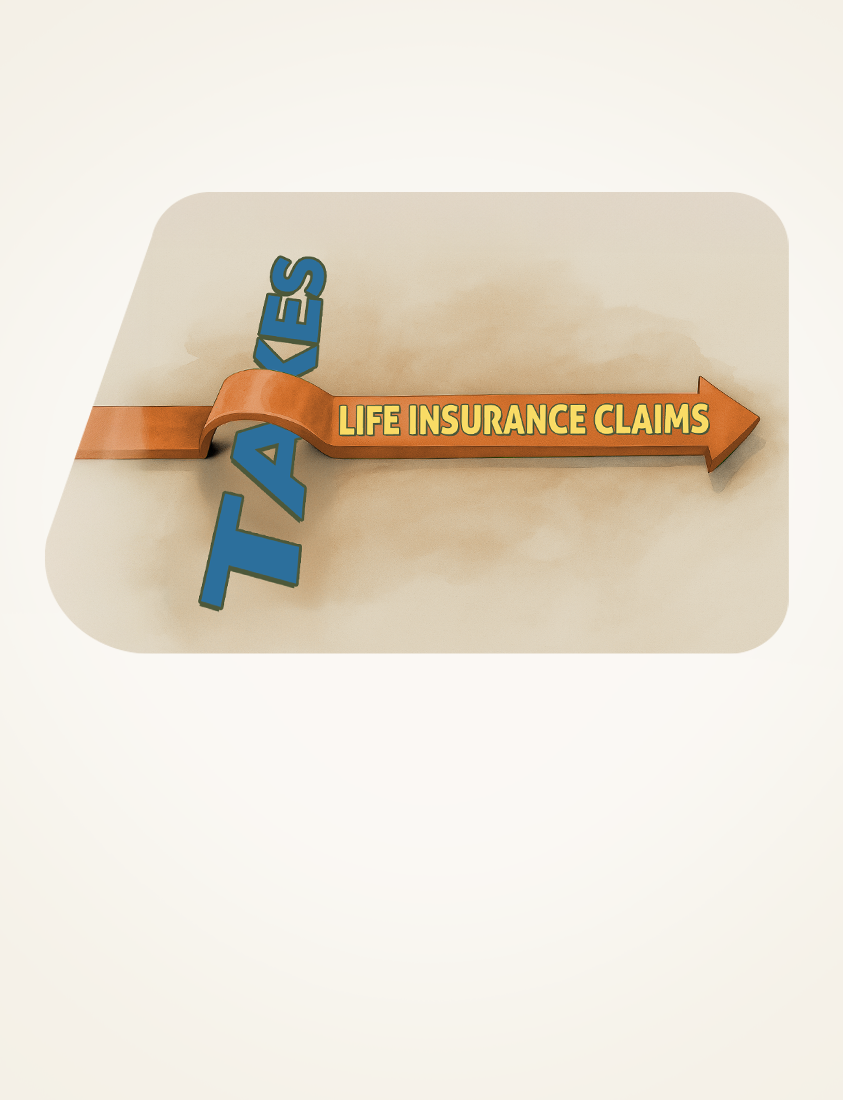Is Life Insurance Payout Taxable In The Hands Of The Recipient?
If you are a life insurance policyholder, you may be aware that the premiums you pay into the policy may be eligible for tax exemptions, subject to tax regulations. But what about the death benefit your beneficiary may receive from the policy? Or, when your policy pays out the maturity benefits to you. Are those amounts taxable?
Tax exemptions are a significant consideration when it comes to life insurance policies, whether it be premiums or benefits.
Having clarity on tax regulations surrounding your life insurance benefits, whether it be a term insurance plan or a ULIP, can help you keep your nominee/s informed and also plan better for your financial future.
Are Life Insurance Benefits Taxable?
Before we answer this question, let’s start by understanding that there two broad categories of life insurance benefits – death benefit and maturity benefit.
Death benefit is received in the absence of the policyholder (upon their passing). In most cases, this is not taxable
Maturity benefits can be claimed by the policyholder when the person insured survives the policy term. This is usually dependant on the type of policy chosen and whether it offers any survival benefits. The policyholder and the life assured can be the same person, or the policyholder may be buying life cover for another person. The taxation on these proceeds depends on the type of benefit earned, the amount, and some other factors.
Another life insurance benefit to consider is bonuses, such as those the policyholder may receive from their endowment policy at certain intervals during the policy period. Such proceeds usually tend to be tax-free.
Let’s look at the taxability of various life insurance benefits in detail.
Tax Implications of Death Benefit Received
The good news for nominees and/or beneficiary is that death benefits are always tax-free under Section 10(10D). The amount paid to your nominee after your passing is not included in their taxable income. This holds true regardless of:
So, if your nominee were to raise a claim with the insurance provider after your passing, and they receive the death benefits as deemed suitable, the amount they receive will be tax-free.
Tax Implication of Maturity Amount Received
The tax liabilities of maturity benefits of a life insurance policy, including bonuses and market-linked returns, can be understood through the Section 10(10D) of the Income Tax Act.
Whether your maturity amount is taxable and how, depends on a range of factors, such as corelation of premium to sum assured, type of policy chosen, and more.
Here are some cases where our maturity amount may not be taxable.
-
Premium Threshold
Premiums must not exceed 10% of the sum assured for policies issued on or after 1 April 2012.
For policies issued before 1 April 2012, the limit is 20%.
-
Policy Type
It must not be issued under Section 80DD or Section 80DDA of the Income Tax Act, which relate to life insurance policies taken for the benefit of a dependent with a disability or a senior citizen/person with disability. Payouts from such policies are subject to different tax rules and may not be exempt under Section 10(10D).
When are Maturity Proceeds Taxable?
Taxability of life insurance maturity benefits depends on the prevalent tax laws, the tax regime chosen by the taxpayer, and more.
The Union Budget 2023 introduced a new rule for high premium policies. From 1 April 2023 onwards, if the total premium paid in a financial year exceeds ₹5 lakh, the maturity proceeds become taxable in the hands of the policyholder. This change aims to curb misuse of insurance policies solely as tax saving instruments.
Life insurance proceeds are generally tax exempt under Section 10(10D). Maturity proceeds stay tax free if premiums remain within specified limits and the policy meets standard conditions. However, high premium policies with annual premiums exceeding ₹5 lakh (post1 April 2023) may attract tax on maturity. Death benefits remain completely tax free for nominees.
Knowing about the tax implications of your life insurance, whether it be premiums, maturity benefits, or death benefits, can help you plan better and make informed choices. Having a reliable life insurance plan is quite often about security of your loved ones. But ensuring that the benefits received don’t turn into tax liabilities can also help you enjoy the best out of your policy.
To navigate your tax liabilities better, you may consult a tax advisor or a financial expert. IndiaFirst Life offers a wide range of life insurance products suitable for young professionals, older adults, and everyone in between. These plans help you not only protect your loved ones but may also help you handle your tax burdens. Check them out here!





























